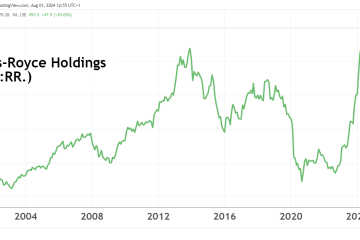The Ongoing Importance of Face Masks in Public Health

Introduction
As the world continues to navigate the complexities of public health, face masks have emerged as a significant tool in preventing the spread of contagious diseases. Their importance is magnified during cold and flu seasons, as well as during outbreaks of respiratory viruses. Understanding the relevance and effectiveness of face masks can empower individuals to make informed decisions for themselves and their communities.
Current Events and Guidelines
According to the latest recommendations from health authorities such as the World Health Organization (WHO) and the UK’s National Health Service (NHS), wearing face masks in crowded places is still advised where social distancing cannot be maintained. Recent studies have shown an uptick in respiratory infections, underscoring the necessity of mask-wearing during high-risk periods. In particular, health officials are urging individuals to don masks in indoor settings and on public transport as seasonal illnesses begin to rise.
Effectiveness of Face Masks
Research has demonstrated that face masks, especially those made from multiple layers of fabric or those that are medical-grade, significantly reduce the transmission of respiratory droplets. A study published in the British Medical Journal (BMJ) found that communities that implemented mask mandates saw a substantial decline in COVID-19 case numbers. Similar patterns are being observed with flu and cold cases, reinforcing the need for individuals to incorporate mask-wearing into their everyday routines during peak illness periods.
Public Sentiment and Compliance
Despite the growing body of evidence supporting the effectiveness of face masks, public sentiment remains mixed. Some individuals express discomfort or choice-based resistance against wearing masks, while others fully embrace the practice as a societal norm. Surveys indicate that compliance rates have fluctuated, often correlating with the severity of local outbreak situations. As health authorities continue to advocate for face mask usage, community education and outreach remain crucial to improving compliance.
Conclusion
The face mask remains a significant public health measure in the fight against contagious diseases. Keeping informed about the evolving guidelines and understanding the benefits of wearing masks can not only enhance individual health but also contribute to the wellbeing of the wider community. As seasonal illnesses loom closer, individuals are encouraged to carry face masks on their person and incorporate them into their daily lives, thus prioritising health and safety in public spaces.








